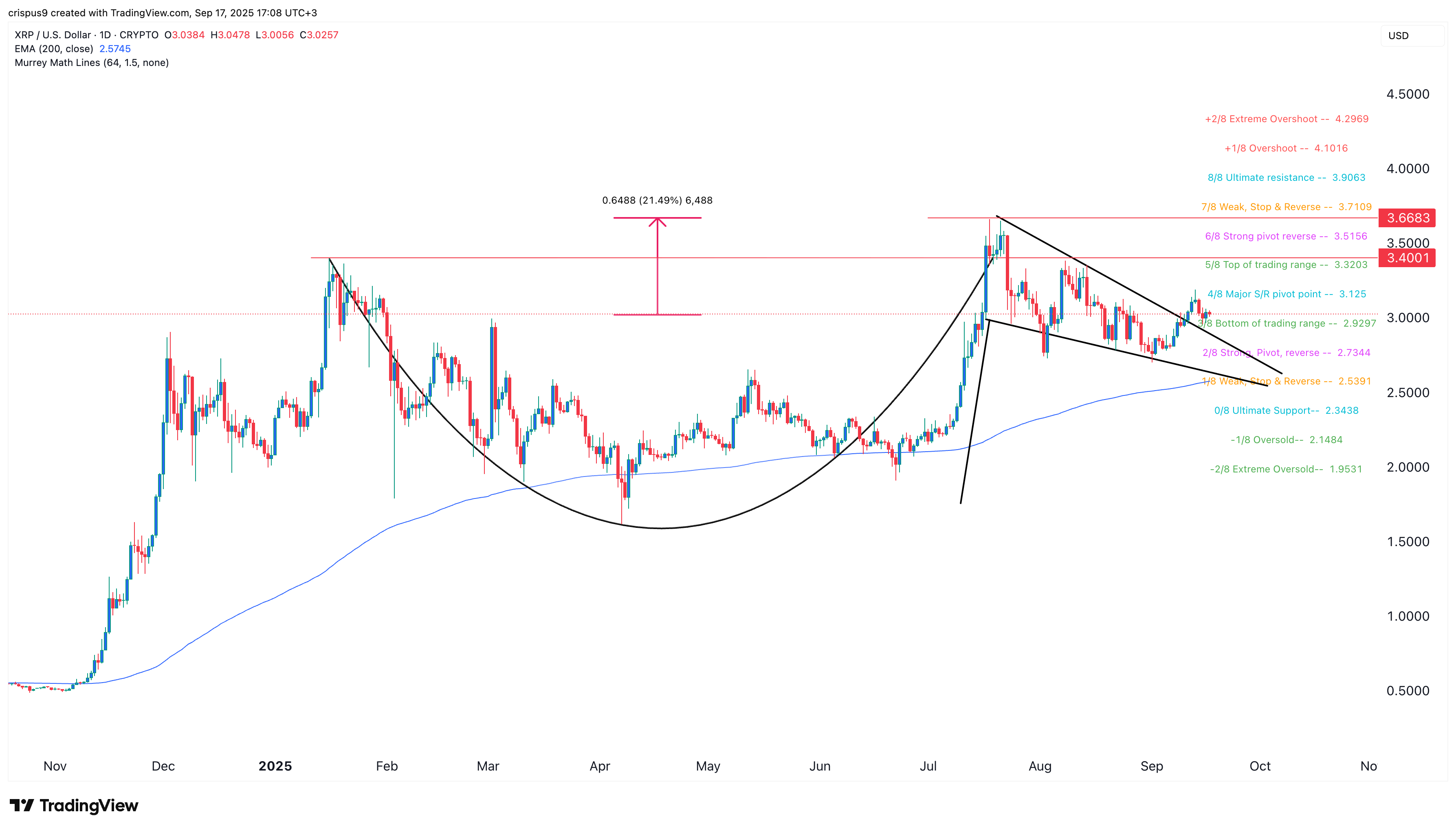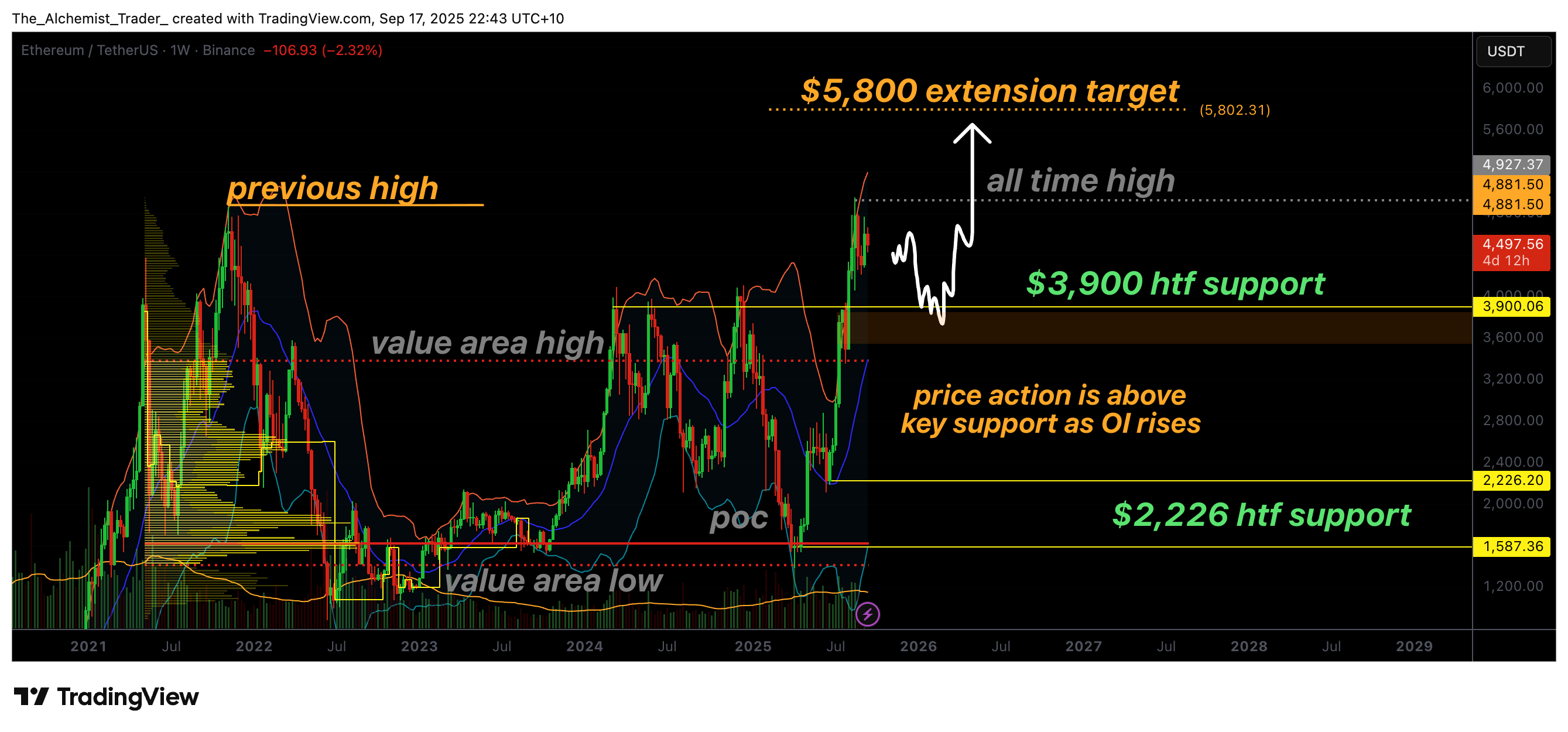Elon Musk wants to bring Dogecoin back to Tesla online store

Dogecoin, which Tesla CEO Elon Musk called his “fav cryptocurrency” back in 2019, could be making a comeback as a payment option on the electric vehicle maker’s website.
Recall January 2022, when Tesla began accepting the meme token as a payment option for certain merchandise (i.e., apparel and accessories) in its online store.
At some point, Dogecoin (DOGE) mysteriously disappeared as a payment option, prompting fans to inquire on X.com about possibly bringing it back.
Musk, who owns X.com and a majority of Tesla stock, is interested.
“Me,” Musk wrote in reply to an X user who asked whether anyone would like Tesla to “reinstate the option of”bring back the Dogecoin payment option” for merchandise. See below.
Currently, the Tesla store only accepts credit cards as a payment. It’s not clear when or why Dogecoin stopped being a payment option. The Austin, Texas-based company never broadly accepted Dogecoin for car payments, and there wasn’t a formal announcement about “removing” it as a payment option.
Musk the environmentalist?
Tesla’s crypto-as-a-payment policy is especially confusing, considering — in 2021 — Musk posted that the company intends to “use [Bitcoin] for transactions as soon as mining transitions to more sustainable energy.”
See below.
Cryptocurrencies like Bitcoin and Dogecoin require significant amounts of electricity to process transactions and ensure their respective networks remain secure.
Environmentalists and investors pointed out how the carbon footprint associated with cryptocurrency transactions was seemingly at odds with Tesla’s clean energy initiatives.
It’s also worth noting that Musk is a staunch supporter of former President and current Republican nominee Donald Trump, who pledges to roll back clean energy initiatives if re-elected.
Legal drama
Musk’s affirmation for Dogecoin came less than 24 hours after U.S. District Judge Alvin Hellerstein dismissed a federal lawsuit that accused the Tesla chief of defrauding investors through insider trading and market manipulation of Dogecoin.
The suit alleged that Musk misused his position as the world’s richest man to inflate the price of Dogecoin over “36,000%” and then let its price crash, leading to losses for investors.
The plaintiffs argued that Musk’s actions could be justified as a “Dogecoin Pyramid Scheme,” where he promoted the cryptocurrency to profit from the volatility he allegedly created.
The price of DOGE once reached an all-time high of $0.73 but has yet to reach those price levels again.
Hellerstein said any statements made about Dogecoin are “aspirational and puffery, not factual” and that “no reasonable investor could rely upon them” for making investment decisions.
The judge also found that the facts did not support the plaintiffs’ allegations of a “pump and dump” scheme, market manipulation, and insider trading, underlining that it was “not possible to understand the allegations that form the basis” of these claims.
Whether the Dogecoin lawsuit dismissal bodes well for Tesla fans to once again use the dog-themed coin as a payment option when buying, say, a Cybertruck t-shirt, remains to be seen.




